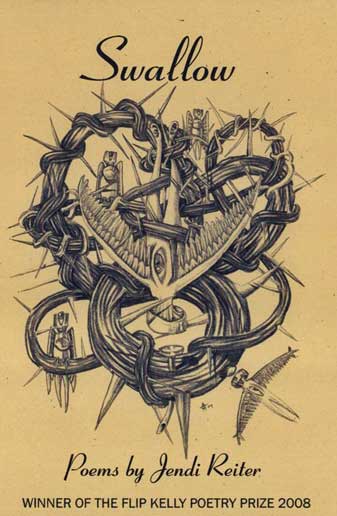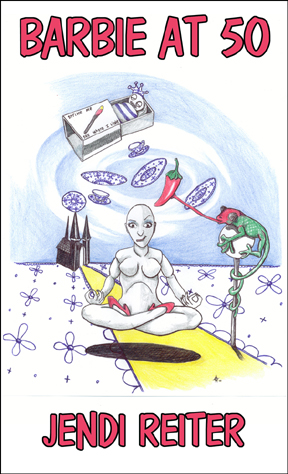Solstice Literary Magazine, an online quarterly, selected two of my poems as the “Editor’s Pick” from their contest submissions this year. “Inheriting a House Fire” and “touching story” appear in their Summer 2011 issue. Launched in 2009, Solstice has published such authors as Kathleen Aguero, DeWitt Henry, Leslea Newman, and Dzvinia Orlowsky. Enjoy (if that’s the right word?) “touching story” below.
touching story
not the turn to gold but touch he
wanted most, no object that
flesh of his
supper gelled to shining
ore lumps when he bit, that sepals
stiffened on the rose
like nipples bared to frost. not
the lark that lasted but the scar
its moneyed weight peeled
down the tree. not the trophy
hound, that sudden andiron
dropped from his lap,
but the fox, stinking, invisible,
unchased.
myth to asses’ ears,
no nodding velveted clefts
named his errata, not a page
or armed barber kissed the riverbed
to scandalize the reeds
into singing true. and when his
daughter,
as he’d tell it, sprang
into his transmuting arms, and after,
there was no god to take the
hardening gift away.

